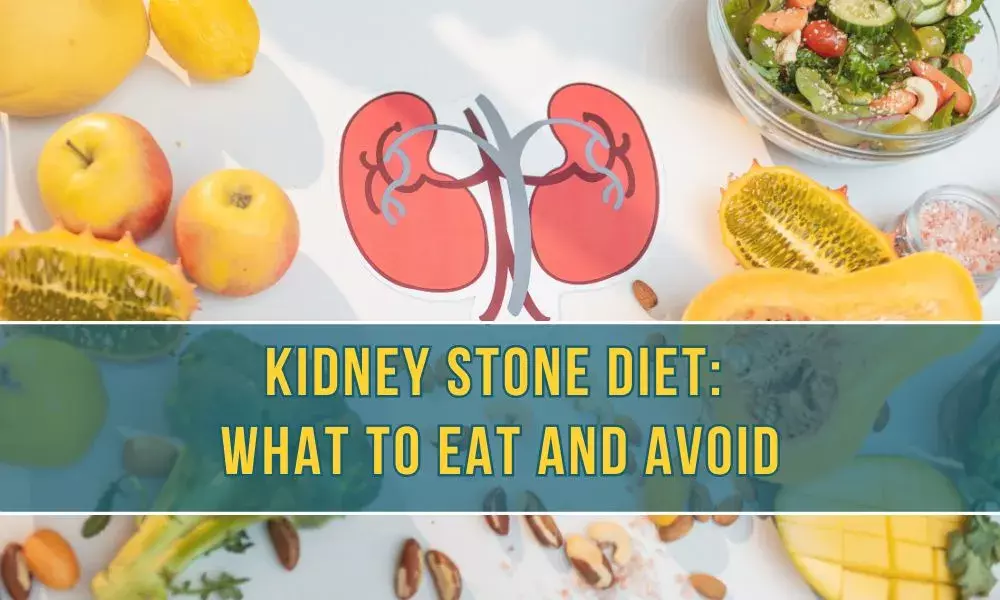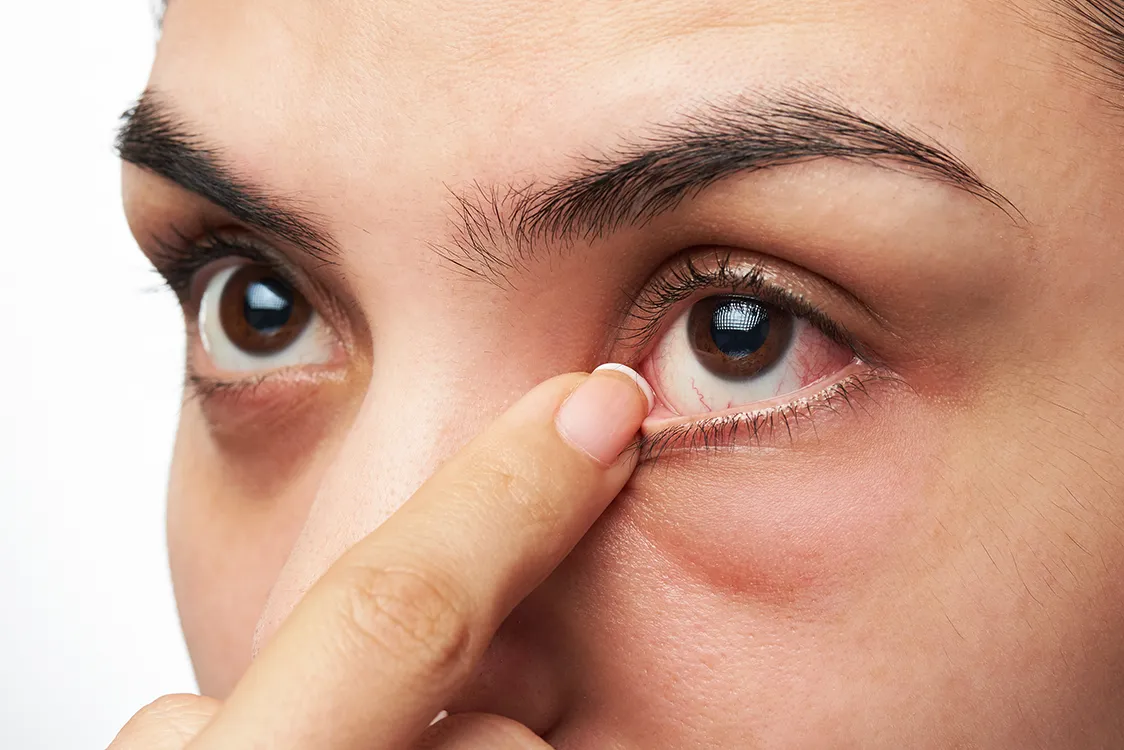Our kidneys play a crucial role in our overall health and well-being. The formation of stones in the kidney can be fatal.
Kidney stones in our urinary tract can be formed in several ways.
-
If not absorbed, calcium can form a stone by combining with chemicals, such as oxalate or phosphorous.
-
Build-up of uric acid also causes kidney stones.
-
Drinking too little water can increase the risk of kidney stones.
-
Doing too little physical activity or obesity.
-
Eating food with high salt or sugar.
-
Infection or family history is a potential cause.
Our urinary tract cannot expel solid matter; therefore, it is very painful if kidney stones pass through urine. However, kidney stones can be prevented by adopting good dietary habits, including staying hydrated, avoiding certain foods high in sodium, and consuming more citrus fruits.
Here is what to eat or drink to prevent kidney stones:
What we eat or drink to prevent kidney stones is as important as it is to avoid certain food items. Here are some crucial points to follow.
Staying hydrated: Fluids, especially water, help dilute the chemicals forming stones. One must try drinking at least eight to twelve glasses of water daily.
Eat calcium and vitamin D: Oxalate levels may rise if our calcium intake is low. It is advisable to get calcium from food rather than from supplements, as they have been linked to kidney stone formation. Good sources of calcium include milk, yogurt, calcium-set tofu, cottage cheese, nuts, seeds, legumes, and dark green vegetables. Further, vitamin D is equally vital as calcium because it helps the body absorb more calcium. Vitamin D is found in salmon, mushrooms, and cheese.
Citrus intake: Citrus fruit and their juice help reduce the formation of stones due to naturally being rich in citrate. Good sources of citrus include lemons, grapefruit, and oranges.
Here is what you must avoid to prevent kidney stones:
Limit salt intake: High sodium levels in our body promote calcium build-up in urine. One must avoid adding extra salt to food and check the labels thoroughly on processed foods to eliminate sodium-rich products. One must stay away from fast food, and restaurant food is generally high in sodium.
Lower animal protein intake: Many animal-based protein sources, such as pork, red meat, chicken, and eggs, increase the amount of uric acid in our bodies. Eating large amounts of protein reduces a chemical in urine called citrate. Citrate is a crucial substance as it prevents the formation of kidney stones. Alternatives to animal protein include tofu (bean curd), quinoa, hummus, Greek yogurt, and chia seeds.
Avoid aerated drinks: Aerated drinks are high in phosphate, a chemical that can promote the formation of kidney stones.
Reduce or eliminate added sugar intake: Processed foods and drinks are high in added sugars and syrups. Added sucrose and added fructose may increase our risk of kidney stones. One must keep a check on the amount of sugar we eat in the form of processed foods, such as cake, soft drinks, and juices. Other added sugar products may include corn syrup, brown rice syrup, honey, agave nectar, and cane sugar.
In a nutshell, kidney stones can be a painful condition. Fortunately, dietary changes can be an effective tool in preventing and managing kidney stones. One must ensure to stay hydrated, avoid certain foods that are high in salt and sugar and consume calcium with oxalate-rich foods are important elements of a kidney stone diet. However, in case of extreme pain or discomfort one must consult to doctor.





